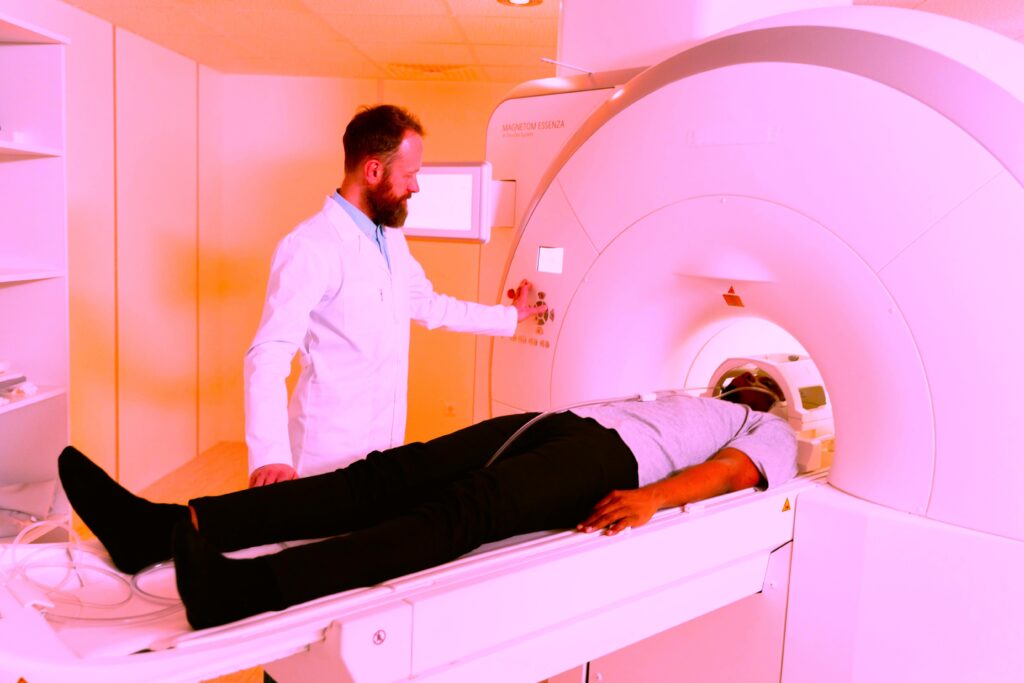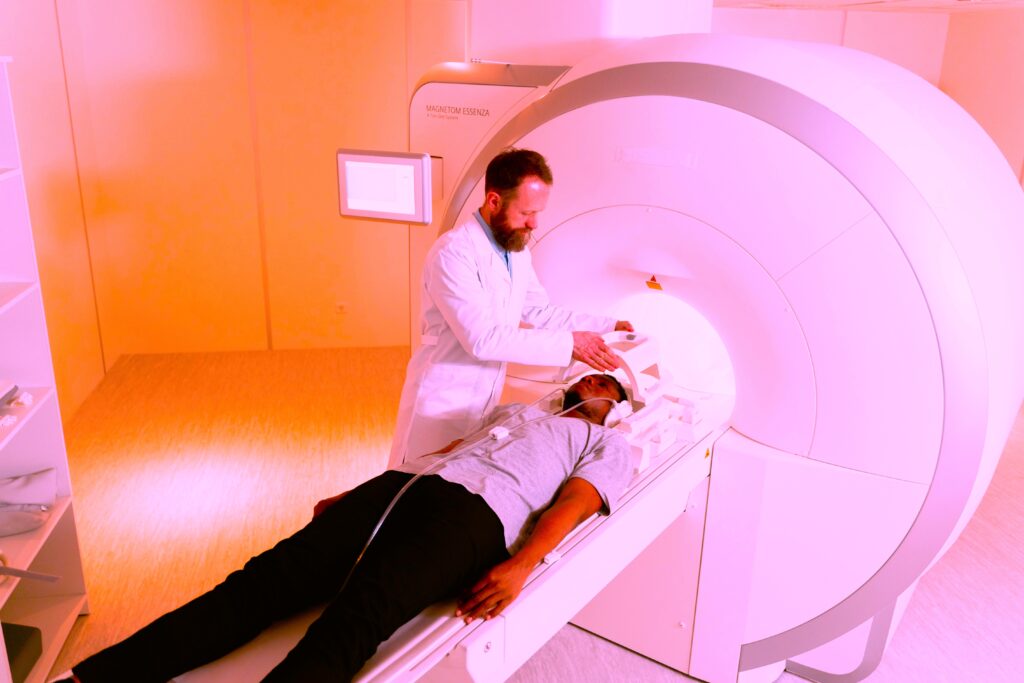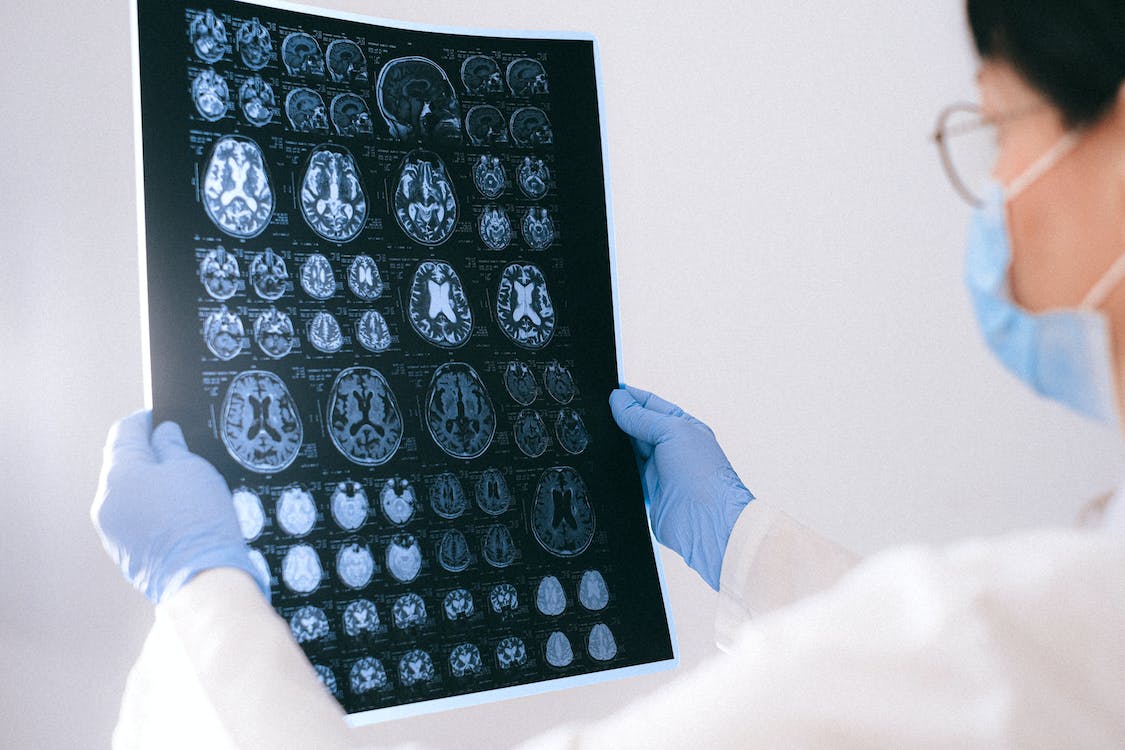Car accidents can be a traumatic and stressful experience, both physically and emotionally. Even if you don’t experience any immediate pain or injuries, it’s important to get checked out by a medical professional to ensure that there are no underlying health issues. In some cases, a doctor may recommend an MRI to get a better look at your injuries. This blog discusses why getting an MRI after a car accident is important.
What is an MRI?
An MRI, or magnetic resonance imaging, is a non-invasive medical test that uses a powerful magnetic field, radio waves, and a computer to produce detailed images of the inside of your body. It can be used to diagnose a variety of conditions, including soft tissue injuries that may not be visible on other imaging tests like X-rays or CT scans.

Factors considered when getting an MRI
So, when should you get an MRI if you were involved in a car accident? Here are a few factors that your doctor or the E.R. physicians will consider:
- Severity of the accident: If you were involved in a severe car accident, where the impact was strong, it’s highly recommended to get an MRI. This is because the impact could cause damage to your internal organs, bones, and muscles that might not be visible to the naked eye or through other imaging tests.
- Symptoms you’re experiencing: If you’re experiencing any pain or discomfort after the accident, especially in areas such as your neck, back, or head, it’s important to see a doctor. Your doctor may recommend an MRI to get a better look at the area to determine the extent of your injuries.
- Previous medical history: If you have a history of injuries, such as a previous back or neck injury, it may be more likely that you’ll need an MRI to rule out any potential complications or issues that could have been worsened by the car accident.
- Insurance requirements: In some cases, your insurance may require an MRI to be performed to determine the extent of your injuries and the appropriate treatment plan. Be sure to check with your insurance company to understand their requirements and any coverage limitations.

It’s important to note that not everyone who is involved in a car accident will need an MRI. Your doctor will be able to assess your specific situation and determine if an MRI is necessary based on the severity of the accident, your symptoms, and your medical history. In some cases, other imaging tests like X-rays or CT scans may be sufficient.
MRIs help diagnose or rule out injuries
In conclusion, if you’re involved in a car accident, it’s important to seek medical attention even if you don’t think you’ve been injured. It’s better to be safe than sorry, and getting checked out by a medical professional can help ensure that you’re on the road to recovery. If your doctor recommends an MRI, it’s important to follow through with their recommendation to ensure that any injuries are properly diagnosed and treated. Share all of your medical treatment with your attorney.
